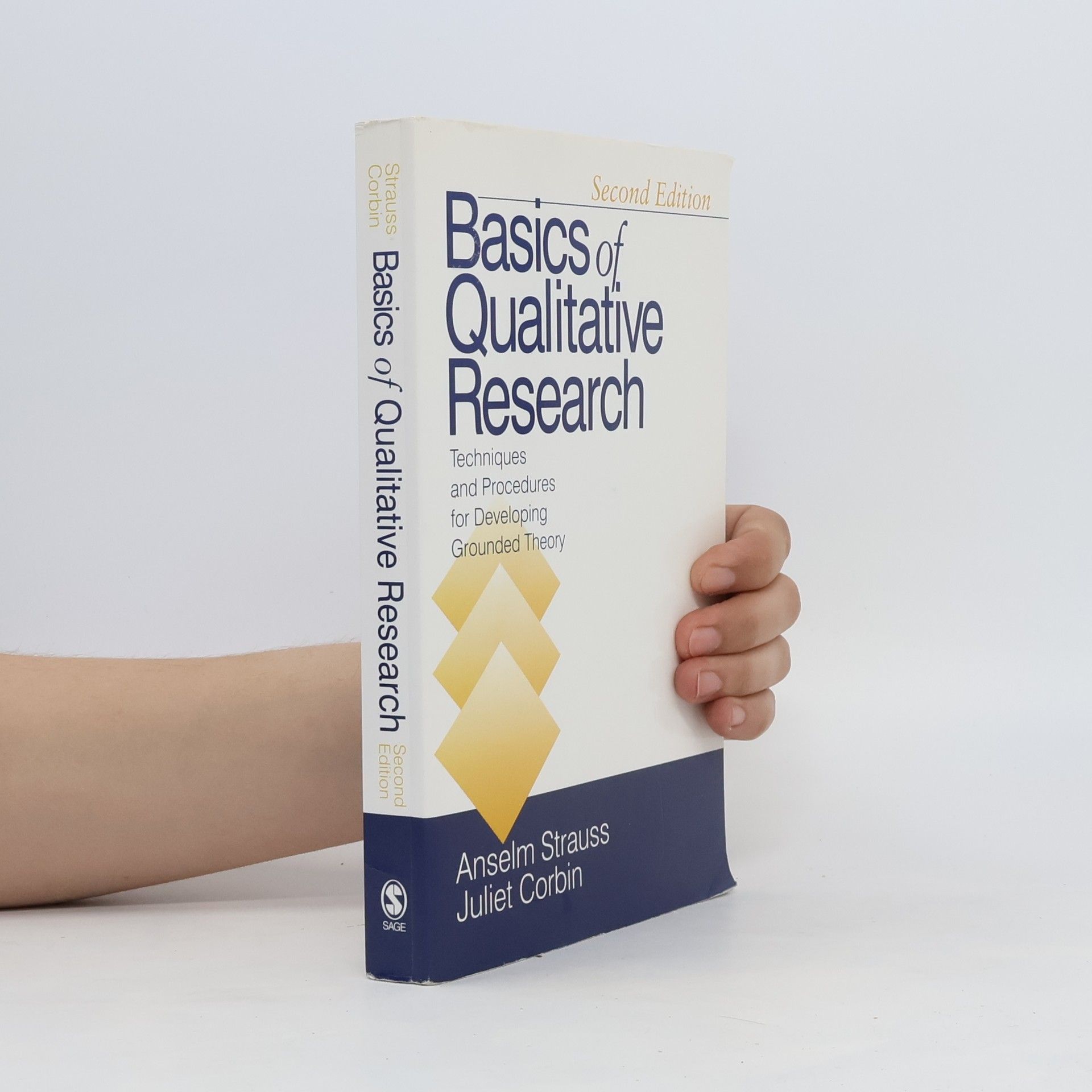The Second Edition of this best-selling textbook continues to offer immensely practical advice and technical expertise that will aid researchers in analyzing and interpreting their collected data, and ultimately build theory from it. The authors provide a step-by-step guide to the research act. Full of definitions and illustrative examples, the book presents criteria for evaluating a study as well as responses to common questions posed by students of qualitative research.
Anselm Strauss Livres
Anselm Leonard Strauss était un sociologue américain dont l'œuvre s'est caractérisée par un profond engagement envers des thèmes tels que la maladie chronique et le mourir. Aux côtés de Barney Glaser, il a développé la "théorie ancrée", une méthode innovante d'analyse qualitative qui a été largement adoptée en sociologie et dans les disciplines connexes. Ses recherches ont également exploré la sociologie du travail, les mondes sociaux et l'interaction symbolique, laissant un héritage significatif dans la théorie et la méthodologie sociologiques.
